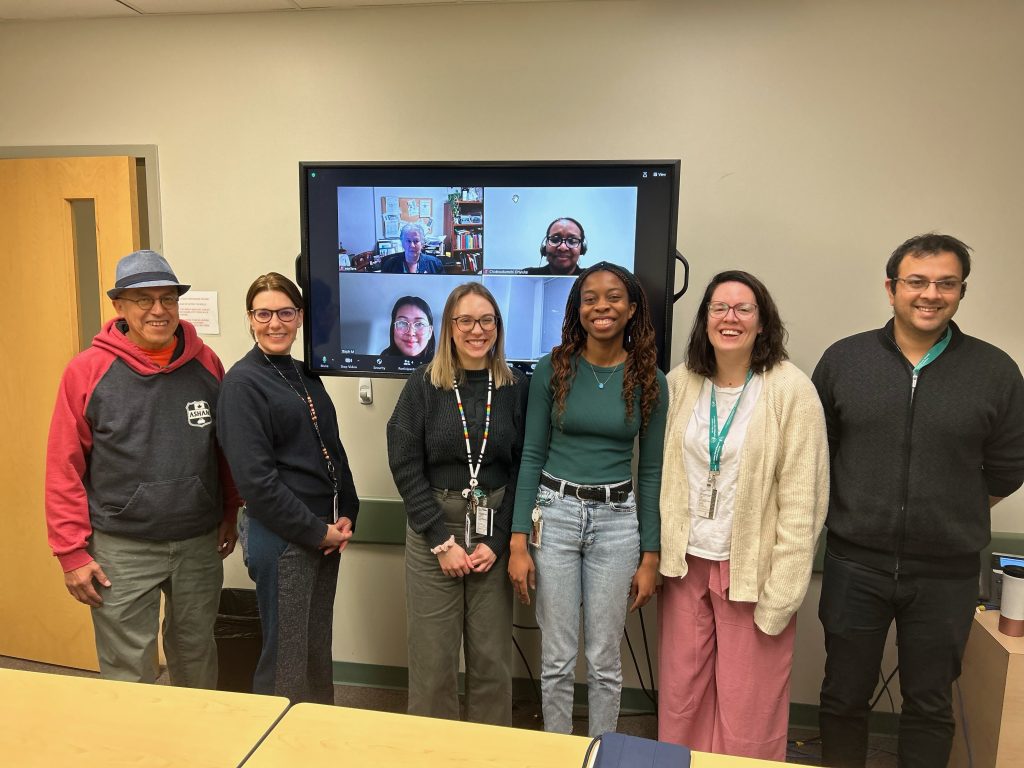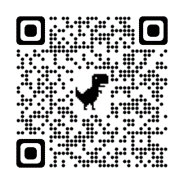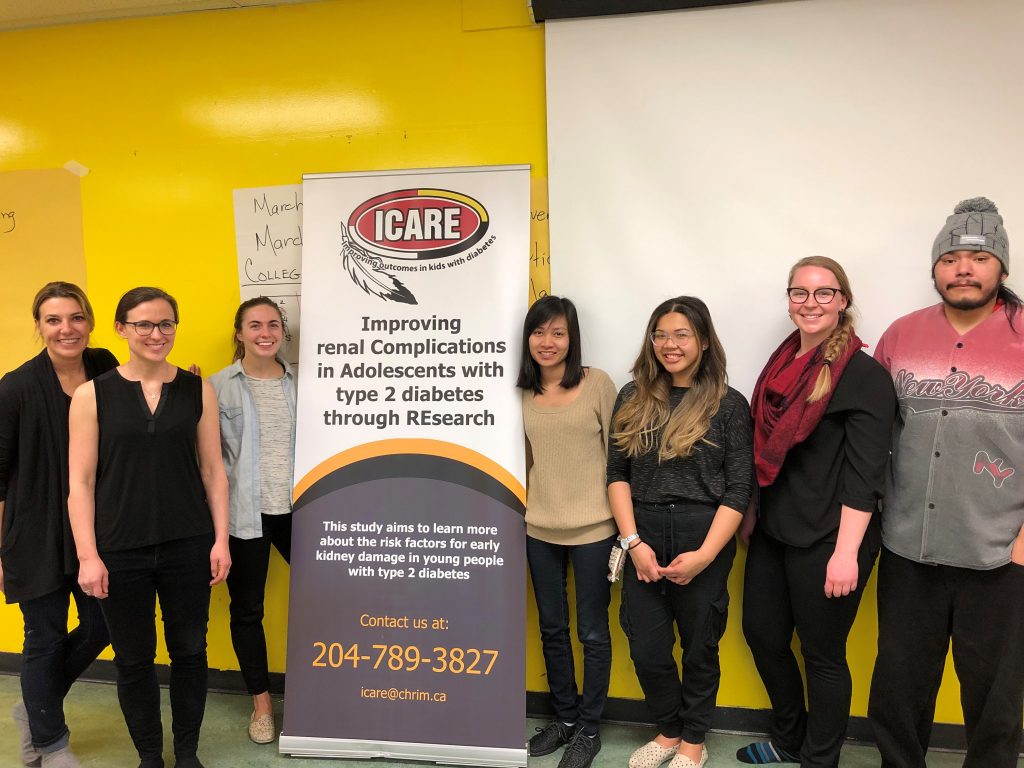Blog
Next Generation Project - University of Manitoba
Introduction
The Next Generation Cohort was established in 2003 by Dr. Heather Dean. The cohort consists of Manitoba children of First Nations heritage who were born to a parent diagnosed with childhood-onset type 2 diabetes and are currently residing within the province. The cohort was established because the doctors at the Diabetes Education Resources for Children and Adolescents (DER-CA) noticed that the children born to parents with youth-onset type 2 diabetes were also developing youth-onset type 2 diabetes, but at a younger age than their parents and wanted to know why and what could be done about it. This study’s goal is to determine these risk factors and to prevent, delay, and treat early, or support families to live well with diabetes.
Partnerships:
We are working in partnership with Four Arrows Regional Health Authority, Moms in Motion, Raven Indigenous Diabetes Solutions, Manitoba Keewatinowi Okimakanak/ Keewatinohk Inniniw Minoayawin (Dr. Barry Lavallee) as well our Parent Advisory group to help improve the experiences in the research project, guide researchers in what questions are important to ask and ensure we are supporting families to prevent, delay progression and/or live well with type 2 diabetes. We hope that a better understanding of the underlying mechanism will lead to new targets for prevention and or treatment. The parents and community members have discussed on how to improve appointment experiences. We have also discussed improvements in health care access and provision including how women can access specialist services sooner in pregnancy and how to incorporate community screening for diabetes within the community health system.
Participants
Since the start of the study, we have recruited 137 mothers/fathers and 246 children from the Island Lake Anishininew Nations. 125 mothers/fathers and 213 children are currently active. 51 mothers/fathers and 82 children are from St Theresa Point Anishininew Nation, 32 mothers/fathers and 59 children from Garden Hill Anishininew Nation, 21 mothers/fathers and 36 children from Wasagamack Anishininew Nation, and 21 mothers/fathers and 36 children from Red Sucker Lake Anishininew Nation. We are currently collecting the origin community of those participants who reside within Winnipeg during follow up visits.
Key Findings:
Type 2 diabetes in children is increasing across Canada and disproportionately affects First Nation children. The Next generation study has screened 202 children for type 2 diabetes. 61 out of these 202 children (30%) were picked up as having abnormal blood sugars (pre-diabetes) or type 2 diabetes through screening performed by the study. This has prevented the undetected development of diabetic ketoacidosis and/or hyperglycemic hypoketotic coma in these youth and has prevented emergency services and travel to Winnipeg for an often-extended hospitalization. This early-stage detection of pre-diabetes or early diabetes in the children has also meant being able to treat early, normalize blood sugars and prevent progression of the disease. Of these 61 children we identified with type 2 diabetes, 27 of the children are from the Island Lake Anishininew Nations. We have connected all these children and caregivers to speciality clinical care through the diabetes education resource for children and adolescents. Our study has also collected data on the landscape of type 2 diabetes in youth in 34 Frist nations and these data have been used by groups such as the Raven Indigenous group in partnership to develop a needs assessment and request for funding for the community based “Healthy Hub”.
Mothers with type 2 diabetes can decrease the risk to their offspring by 60% by breastfeeding. This finding has led to the development of a project looking at what mothers need in terms of support to initiate and continue breastfeeding. It was also the basis of a joint project with Garry Shen (co-I) Vivian Omar (Co-I) and Jeff Cyr (Co-I- Raven Indigenous Group) to look at improving prenatal and post natal access to care and supports for breastfeeding.
The Next Generation Study is impacting care for pregnant women. Dr. Christy Pylypjuk is an obstetrician and fetal medicine specialist who is examining the optimal timing and measurements on fetal ultrasound to inform birth plans and the immediate and future follow up of the offspring (risk of hypoglycemia in the newborn period etc). From review of the fetal ultrasound information, our team has found that over half of offspring in NextGen are large-for-gestational age >90th percentile at birth. There also appears to be a trend towards smaller fetal kidneys with exposure to type 2 diabetes and gestational diabetes, and larger kidneys in the unexposed control group. Ongoing work is focusing on the importance of fetal ultrasound markers that could be used for early detection of risk and to prevent renal problems and diabetes in offspring. Dr. Pylypjuk is also looking at access and timing of fetal ultrasounds in women affected by diabetes to inform clinical practice guidelines and improve care to this population of women.
Sub studies:
We currently have five sub studies:
#1 This study is looking into early markers of risk for type 2 diabetes and determine what environmental exposures play a role in the early development of type 2 diabetes . We are looking at the interaction of environment with type 2 diabetes in our Next generation cohort. This study is being led by Dr. Meaghan Jones.
The 2nd study is a fundamental or lab bench study (using mouse and cell models) to explore the cellular biology behind how the HNF1aG319s variant interacts with post-colonial and traditional off-the-land foods to influence health. This study is being led by Drs Christine Doucette Taylor Morriseau and has engaged Andy Wood as an advisor.
The 3th study is looking at a mixed model study of the facilitators and barriers to initiation and continuation of breastfeeding to reduce intergenerational T2D in The Next Generation Birth Cohort. This work is to incorporate breastfeeding space and supports in community and into the “healthy hub” proposed by the Raven indigenous group. This study is being led by Brandy Wicklow, Garry Shen, Jeff Cyr (Raven), Christy Pylypjuk (Obstetrics), Vivian Omar (FARHA) and Elizabeth Decaire (FNHSSM).
The 4th and 5th studies are data analysis being performed by medical students over the summer: The 4st study is going to look at very early markers of kidney trouble in children before the development of renal disease to see if we can detect problems early and prevent progression to kidney disease. This study is being led by Jordan Kozak and Drs Allison Dart and Brandy Wicklow. The 5nd is examining within a cohort of mothers with T2D if there is modifiable components which protect youth from developing type 2 diabetes (aside from breastfeeding), for example in 2 women who both have type 2 diabetes in pregnancy if one child does not develop diabetes while the other child does can we figure out why and use that learning to protect that second child? This study is being led by Thomas Manuel, Dr. Elizabeth Sellers and Dr. Brandy Wicklow.
Our Parent Advisory Group Meeting Update
The NextGen Parent Advisory Group met in-person on November 2, 2023. We had four PAG members in attendance – Willow (in person), Pam, Samantha and Frances joined virtually. PAG members provided feedback on some of the questionnaires that we use in the study. The advisory members really liked the changes made by partners at Four Arrows and provided a few further suggestions in line with what the elders and community members offered us.
At this meeting we also reviewed the new website for the study with a focus on the Patient Advisory Page, discussed the best SWAG or gifts to offer kids who participate in the study, as well as discussed having PAG members bring their own children to the next meeting, (which was encouraged). We plan to meet with our PAG again in the early Spring, 2024.
Next Gen Team Picture

From left: Lionel Mason, Brandy Wicklow, Brianna Hunt, Priscilla Irabor, Stephanie Goguen, Yash Rawal
On Zoom: Elizabeth Sellers (top left), Chukwudumebi Onyiuke (top right), Stephanie Manthanarack (bottom left).
Next Gen Contact Information/address
Investigators – Brandy Wicklow, and Elizabeth Sellers
Research staff – Yash Rawal (research coordinator), Priscilla Irabor
Research staff emails – yrawal@chrim.ca, pirabor@chrim.ca, nextgenstudy@chrim.ca
Research staff Phone number – 204-272-3064
Address -514-715 McDermot Avenue, John Buhler research Centre, Winnipeg, MB, R3E 3P4.
Next Gen QR code and website

Feast Pictures/Community pictures/ parent advisory group pictures.
